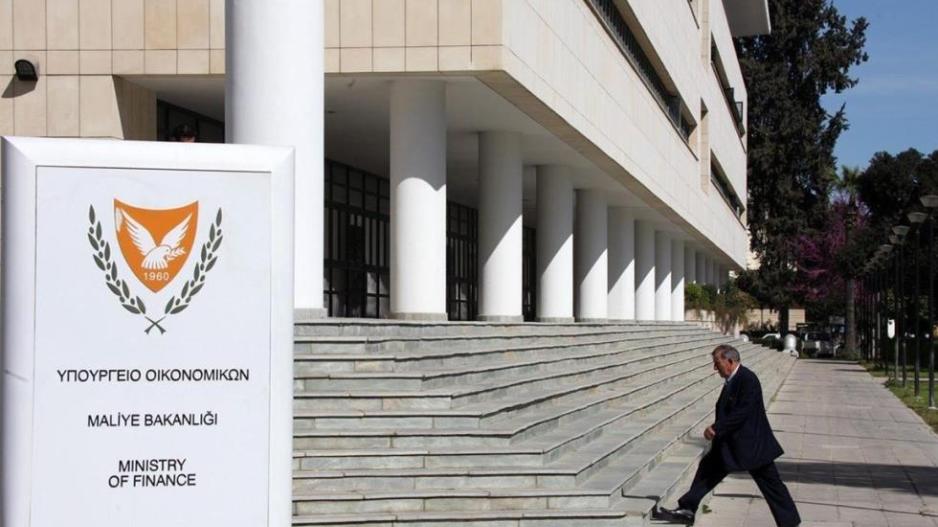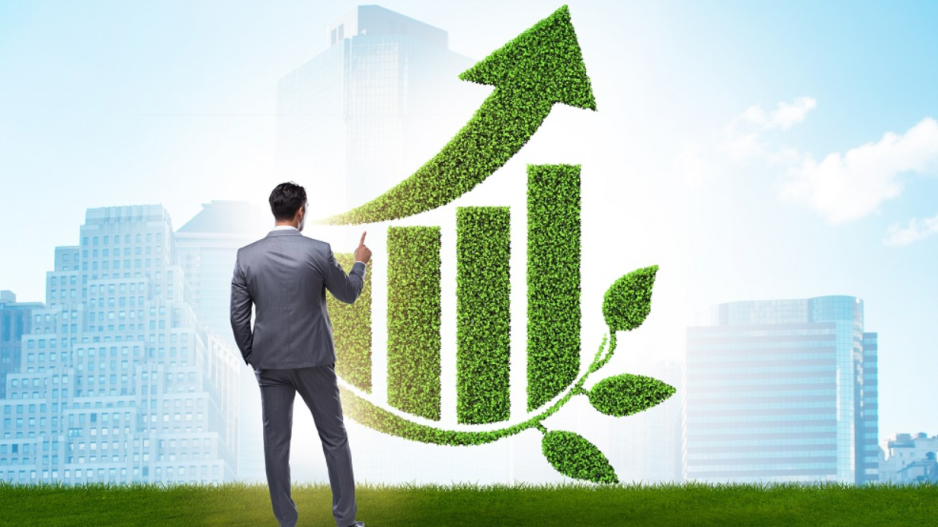Cyprus to Invest €3.1 Billion in Green Transition by 2030
EU and National Funds to Drive Sustainability and Energy Security Initiatives
The total investments in Cyprus's green transition are estimated to reach €3.1 billion by 2030, according to the Ministry of Finance. These investments will come from European and state funds as well as private capital.
The EU has set ambitious targets for the green transition, having adopted the Green Deal, which aims for the Union to become climate-neutral by 2050. To achieve this, the EU has increased the interim emissions reduction target for 2030 from 40% to 55% compared to 1990 levels, as outlined in the "Fit for 55" legislative package.
Additionally, the war in Ukraine has accelerated the need for EU countries to reassess their energy security strategies through reliable alternative options. In this context, alongside the Green Deal, the EU has announced the RePowerEU program, a new component of the Recovery and Resilience Facility.
"The Republic of Cyprus has planned and is utilizing European funds to promote numerous projects contributing to the green transition," states the Ministry of Finance in the Strategic Framework for Fiscal Policy 2025 – 2028. It adds that approximately €1.1 billion will be allocated from the Recovery and Resilience Plan, the Thaleia program (Structural Funds), the Just Transition Fund, and the Agricultural Fund.
According to the Ministry of Finance, combined with the required national contribution, private contributions to grant schemes (e.g., for building renovations, vehicle purchases), and projects promoted from the national budget, the total projected investments by 2030 are estimated to reach approximately €3.1 billion.

The promotion of a large number of investment projects and reforms that directly contribute to the green transition is a key parameter in utilizing the Recovery and Resilience Plan and the Cohesion Policy Funds. Beyond the direct contribution to addressing climate change impacts and achieving climate neutrality goals, as guided by the European Green Deal, promoting green development is expected to create new jobs and business opportunities.
Furthermore, according to the Ministry of Finance, the new Long-Term Strategy for the economy, "Vision 2035," also positions the green economy as a central axis for economic development.
"Key environmental priorities include contributing to climate change mitigation, protecting against environmental pressures and risks to health and well-being, and promoting a circular economy and waste management. Main energy goals include ensuring affordable energy for the entire population, transitioning to green electricity production and transportation, and leveraging hydrocarbons," the Ministry of Finance states.
Additionally, the Ministry notes that the National Plan for Energy and Climate is expected to be submitted in June.
According to the Ministry of Finance, the strategies highlight the need to promote investments in green technologies and products, renewable energy sources (RES), and the overall reduction of greenhouse gas emissions in all sectors. There is also a parallel need to promote smart and sustainable mobility, as well as investments in waste management and the circular economy.






